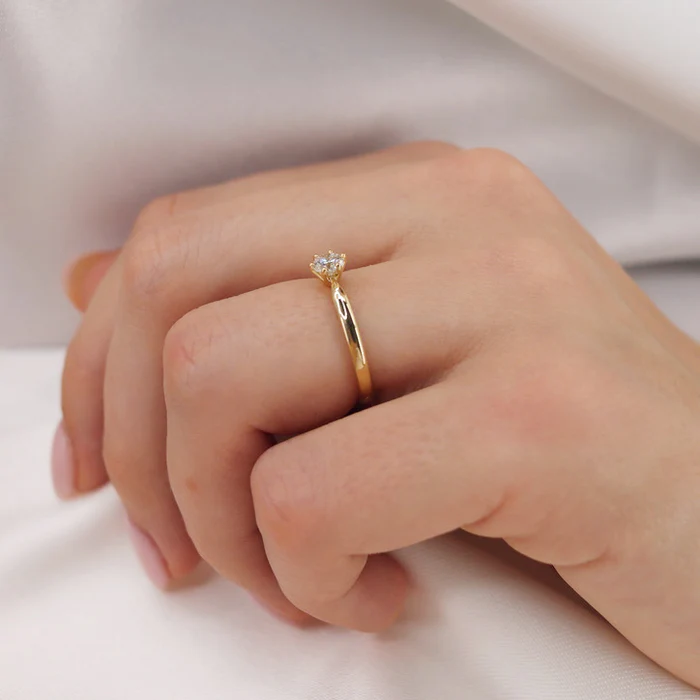
Fair Trade Alexandrite Jewelry: Supporting Ethical Practices is a growing trend in the jewelry industry, especially for those seeking unique and ethical options for engagement rings. Alexandrite, a rare and captivating gemstone, is celebrated for its color-changing properties and its rich history. By choosing fair trade alexandrite, you ensure that your jewelry is not only stunning but also sourced in a way that supports fair wages, environmentally friendly practices, and community well-being. This shift in consumer awareness is transforming the way people shop for engagement rings UK and beyond, aligning beauty with responsibility.
Alexandrite, first discovered in Russia’s Ural Mountains in the 1830s, is highly prized for its rarity and unique ability to change color from green in daylight to red in incandescent light. This remarkable gemstone has been mined in various regions, including Brazil, Sri Lanka, and East Africa. However, like many gemstones, the mining and trade of alexandrite have historically faced ethical challenges, including unfair labor practices, environmental degradation, and exploitation. The concept of fair trade aims to address these issues by promoting transparency and accountability throughout the supply chain.
Fair trade alexandrite jewelry supports miners and workers by ensuring they receive fair wages and work in safe conditions. Many fair trade initiatives also contribute to community development, providing education, healthcare, and infrastructure improvements in mining regions. These programs empower local communities, helping them achieve sustainable growth and reducing their dependence on exploitative practices. Consumers who choose fair trade alexandrite are not only investing in a beautiful piece of jewelry but also contributing to global efforts to create a fairer and more equitable industry.
Environmental responsibility is another critical aspect of fair trade alexandrite. Traditional gemstone mining can lead to deforestation, soil erosion, and water pollution, causing long-term damage to local ecosystems. In contrast, fair trade mining practices prioritize environmental conservation, implementing methods that minimize ecological impact. For instance, fair trade mining often avoids the use of harmful chemicals and focuses on land rehabilitation after extraction. These efforts help preserve the natural beauty of mining areas and protect biodiversity, ensuring a healthier planet for future generations.
In addition to its ethical and environmental benefits, fair trade alexandrite jewelry offers a unique appeal to discerning buyers. Each piece tells a story of craftsmanship, sustainability, and social impact, making it a meaningful choice for special occasions such as engagements, weddings, or anniversaries. The rarity of alexandrite, combined with its vibrant color change and ethical sourcing, makes it a standout option for those looking to create a memorable and responsible statement.
To ensure your alexandrite jewelry meets fair trade standards, it’s essential to buy from reputable jewelers who prioritize ethical sourcing. Look for certifications or partnerships with organizations dedicated to fair trade principles. Researching the origin of the gemstone and asking questions about the supply chain can provide peace of mind and confidence in your purchase.
Fair Trade Alexandrite Jewelry: Supporting Ethical Practices represents a significant step toward a more sustainable and equitable jewelry industry. By choosing fair trade options, you play a part in supporting ethical labor practices, protecting the environment, and empowering communities. Whether you’re selecting engagement rings in the UK or searching for a timeless gift, fair trade alexandrite offers a harmonious blend of beauty, rarity, and responsibility, proving that style and ethics can indeed go hand in hand.